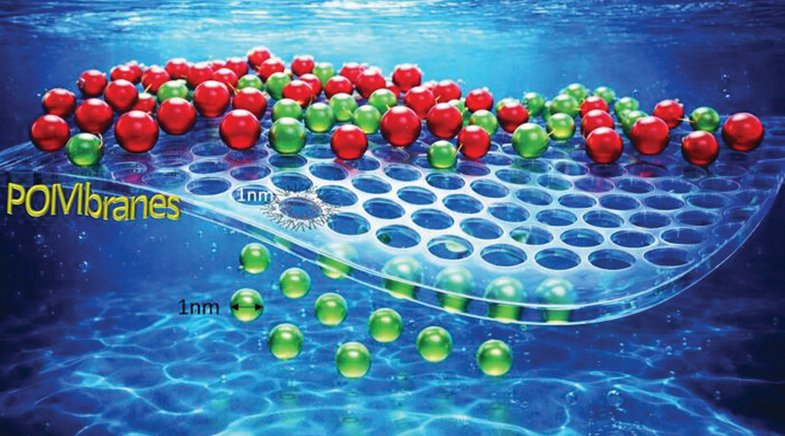Controlling cancer
-
- from Shaastra :: vol 03 issue 10 :: Nov 2024

Researchers reveal how a protein helps cancer cells grow. The finding may help treat the disease.
It was an accidental discovery — but it intrigued the scientists who had stumbled upon it. Sanjeev Das, a cancer biologist at the National Institute of Immunology (NII), New Delhi, had for a long time been engaged in unravelling molecular mechanisms underlying neoplastic transformation. This is a multi-step method that converts normal cells into neoplastic cells, which are not controlled by the body's normal processes. About five years ago, Das became interested in the workings of a protein called PARP1 — or poly(ADP-ribose) polymerase 1. PARP1 regulates many vital cellular processes, such as DNA repair and chromatin restructuring.
The trigger came from the accidental discovery that a molecule he had been working on — an enzyme called histone deacetylase 5 (HDAC5) — was found to be interacting with PARP1. "PARP1 is a key molecule involved in DNA repair, but HDAC5 was not previously associated with DNA repair. This excited us," explains Das.
The task of solving this puzzle was entrusted to Witty Tyagi, who had joined him as a doctoral student. Over the next five years, Das and Tyagi delved deep into the interactions between PARP1 and HDAC5. They ended up with a couple of profound discoveries that may significantly help treat cancer in the future. In a paper published in Science Advances in October (bit.ly/Sanjeev_PARP1), the team explains that their studies in mice show the vital role HDAC5 enzymes play in regulating the functions of the PARP1 protein.
Cells have several DNA damage repair pathways; among the most important is BRCA1/2 (breast cancer genes 1 and 2), which produces proteins that help repair damaged DNA. Mutations in these genes can elevate the risk of developing breast and ovarian cancers. But when BRCA1/2 is absent or mutated, PARP proteins — such as PARP1 — take over.
PAST ISSUES - Free to Read


Have a
story idea?
Tell us.
Do you have a recent research paper or an idea for a science/technology-themed article that you'd like to tell us about?
GET IN TOUCH














